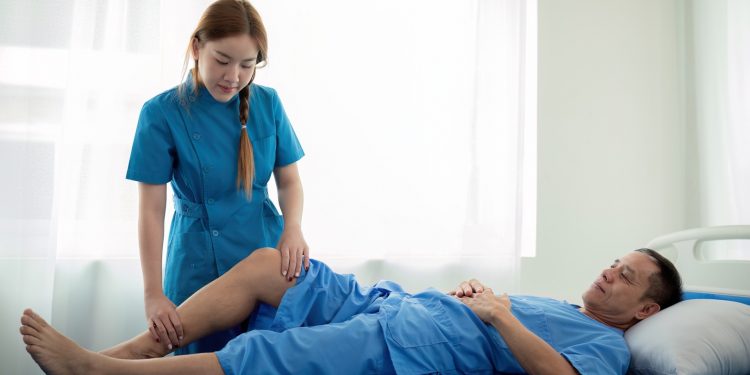Leg cramps can be a painful and frustrating experience, often striking without warning and disrupting daily activities or sleep. While there are various potential causes, one of the most common culprits is dehydration. At A Health Place, we delve into the connection between dehydration and leg cramps, offering insights and tips on how to prevent this discomfort.
Understanding Leg Cramps
Leg cramps are sudden, involuntary contractions of the muscles, usually affecting the calf muscles but sometimes involving the feet or thighs. These cramps can last anywhere from a few seconds to several minutes and may leave the muscles feeling sore afterward. Common triggers include muscle fatigue, prolonged sitting, or standing in one position, and dehydration.
The Dehydration Connection
Dehydration occurs when the body loses more fluids than it takes in, disrupting the balance of electrolytes necessary for muscle function. Electrolytes like sodium, potassium, and magnesium play crucial roles in muscle contraction and relaxation. When you’re dehydrated, the lack of fluids and electrolytes can lead to muscle cramps, including those in the legs.
Symptoms of Dehydration
Recognizing the signs of dehydration is the first step in preventing leg cramps. Symptoms include:
- Dry mouth and throat
- Dark yellow urine or infrequent urination
- Fatigue and dizziness
- Headache
- Muscle cramps
Preventing Dehydration and Leg Cramps
Staying hydrated is essential for overall health and can help prevent leg cramps. Here are some tips to maintain proper hydration:
- Drink Plenty of Water: Aim to drink at least 8 glasses of water a day. During hot weather or intense physical activity, increase your fluid intake to compensate for the additional loss of fluids through sweat.
- Eat Hydrating Foods: Incorporate fruits and vegetables with high water content into your diet, such as watermelon, cucumbers, oranges, and strawberries.
- Monitor Electrolyte Levels: If you’re engaging in strenuous exercise or have a condition that causes excessive sweating, consider drinking electrolyte-rich beverages to maintain the balance of essential minerals.
- Avoid Excessive Alcohol and Caffeine: Both can contribute to dehydration. If you consume these beverages, balance them with plenty of water.
For more tips on staying hydrated and maintaining electrolyte balance, check out our hydration tips section.
Other Potential Causes of Leg Cramps
While dehydration is a common cause of leg cramps, it’s not the only one. Other potential causes include:
- Muscle Overuse: Intense physical activity can lead to muscle fatigue and cramps.
- Inadequate Stretching: Not stretching before and after exercise can increase the risk of cramps.
- Nutritional Deficiencies: Low levels of minerals like potassium, calcium, and magnesium can contribute to muscle cramps.
- Medical Conditions: Conditions such as diabetes, nerve disorders, and circulatory issues can also cause leg cramps.
When to Seek Medical Advice
If you experience frequent or severe leg cramps, it’s important to consult a healthcare professional. Persistent cramps may indicate an underlying medical condition that requires treatment. A doctor can perform tests to identify the cause and recommend appropriate interventions.
Simple Remedies for Leg Cramps
If you do experience a leg cramp, there are a few immediate actions you can take to alleviate the pain:
- Stretch and Massage: Gently stretch and massage the affected muscle to help it relax.
- Apply Heat or Cold: Use a heating pad to relax tight muscles or a cold pack to numb the pain and reduce inflammation.
- Stay Active: Regular physical activity can improve muscle tone and circulation, reducing the risk of cramps.
For more in-depth health and wellness articles, visit our A Health Place Magazine.
Leg cramps can be a sign of dehydration, among other potential causes. By staying hydrated, maintaining a balanced diet, and understanding the triggers, you can reduce the frequency and severity of leg cramps. At A Health Place, we are committed to providing you with the information you need to stay healthy and active. Explore more tips and advice on our website to help you live your best life. For more health insights, visit A Health Place.
Read More - Home Remedies for Varicose Veins










